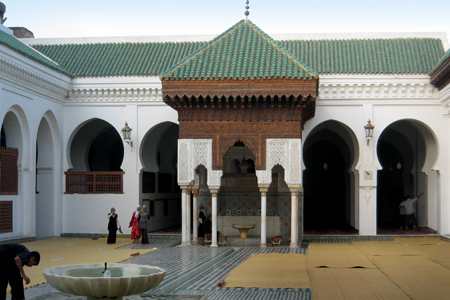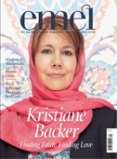Model Madrassahs
Issue 96 September
Modern madrassahs are often subject to negative press. Ali Khimji discovers the gravity of intellectual thinking in the historic madrassahs that were beacons of learning for the world.
Like many other Muslims I know, when I was growing up I attended a madrassah. It was the weekly fixture in our timetables, where every Sunday we attended the mosque to receive a dose in religious education. Having spoken to other Muslims, I realised that I was quite fortunate that the madrassah I attended was up to a particular standard. All of our teachers spoke English, we were never threatened with the back of a slipper, and we were encouraged to question what we were taught. The material was broken up into four succinct subjects: akhlaq, or discussions of a moral nature; history; Qur’an studies; and fiqh, or law and jurisprudence. It was designed to give us a decent grounding in the studies of Islam, and instill an interest in the faith so that we would be encouraged to continue studying in later life.
However, in recent years, madrassahs have received quite a thrashing in the press. After 9/11, some of those found in Pakistan and Afghanistan were singled out for essentially being terrorist training schools, where young, impressionable Muslims were sent to be indoctrinated with militant ideologies. On the other hand, those found in Britain were hit with a very different type of allegation: child abuse. One BBC investigation claimed that there had been 400 allegations of physical abuse between 2008 and 2011. It went on to say that children as young as six had reported being punched in the back, slapped, kicked and having their hair pulled.
Read more


